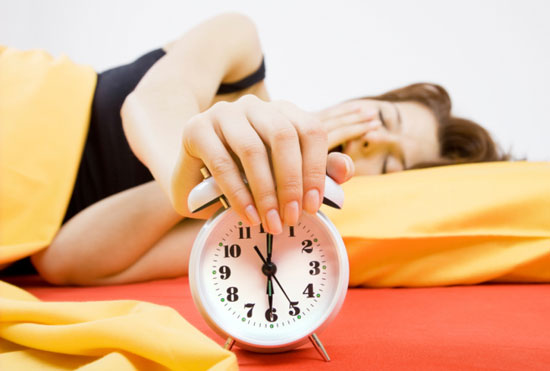Employers and employees should exercise extra caution after daylight saving time. According to a study by done by Michigan State University, work accidents increased by 5.7 percent the Monday after daylight saving time. Studies also show that people sleep 40 minutes less on the Sunday night after daylight saving time than they do normally. This may explain why many people feel tired at work in the days after daylight saving time. When people are tired it makes sense that they are more likely to have accidents.
Some people have advocated for switching daylight saving time to Friday night/Saturday morning in order for people who work Monday through Friday more time to adapt to the time change. This author agrees with that proposal. If at all possible, I also think it makes sense to try to limit hazardous activities during the transition to daylight saving time. But employees need to meet business needs and changing the date of daylight saving time would take an act of Congress. This discussion is especially interesting as National Sleep Awareness Week was Mar. 3-10 this year.
Even though the risk of injury because of sleep deprivation increases during the transition to daylight saving time, sleep deprivation increases the chances for work accidents year-round and can have other effects on people from a long-term perspective. Employees wishing to reduce the risk of accident during the transition to daylight saving time should adapt good sleep habits such as limiting exposure to light at night and ending caffeine intake in the afternoon. This link has more tips for healthy sleep habits.


